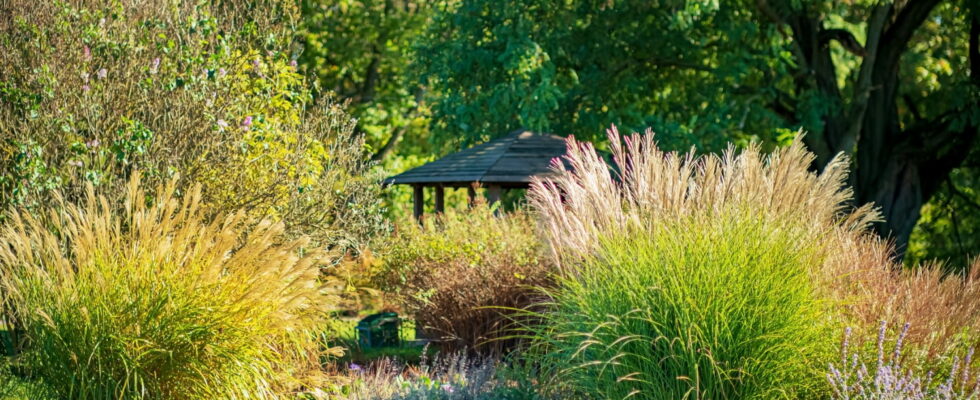This plant is very widespread in France. However, its introduction is prohibited. Failure to comply with this ban will result in significant fines and sanctions.
Not everything is allowed on your property! And yes, you can’t plant just any plant in your garden. Certain very invasive varieties are now banned in France because they represent a threat to the biodiversity of our territory. This concerns, for example, a plant very widespread in France, pampas grass, easily recognizable with its silver or pink feathers and its long sharp stems. And yet, few people know about this ban.
Introduced to Europe in the 19th century as a decorative plant, pampas grass quickly developed. It is found particularly in the southwest and on the Atlantic coasts, where it has spread in natural environments such as dunes, meadows and wastelands, but also in gardens.
This plant is extremely invasive, hence its ban. Its feather dusters produce thousands of very light seeds, dispersed by the wind over several kilometers. Once established, it proves extremely difficult to eradicate, and its proliferation threatens certain endemic species, reducing local biological diversity.
This plant is today prohibited in France, according to a decree of February 14, 2018, which was recently modified in 2024 and which prohibits on French territory “the introduction into the natural environment, the detention, the transport, the hawking, the use, exchange, offering for sale, sale or purchase of live specimens” of this invasive plant native to America.
What does this mean in concrete terms for you? If you already have pampas grass in your garden, it is important to take responsibility. The removal of this plant is recommended to avoid its unintentional spread. It is also prohibited to share, sell or plant its seeds or shoots. Local authorities and environmental protection agencies can provide advice on appropriate eradication methods.
Home gardeners should also be careful when purchasing ornamental plants. Although garden centers are required to follow the ban, mistakes can happen. Always check the provenance and legal status of plants before introducing them into your garden.
If you do not comply with this ban, the risks involved are great. Any person or company failing to comply with these provisions is subject to significant financial penalties. According to articles L415-3 and R415-1 of the Environmental Code, an offense can result in a fine of up to 150,000 euros, accompanied by sentences of up to 3 years in prison in the most serious cases. Note that the fine can be doubled if the offense is committed in a national park or nature reserve.
